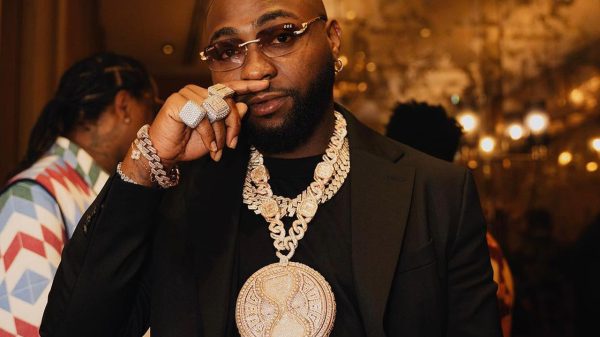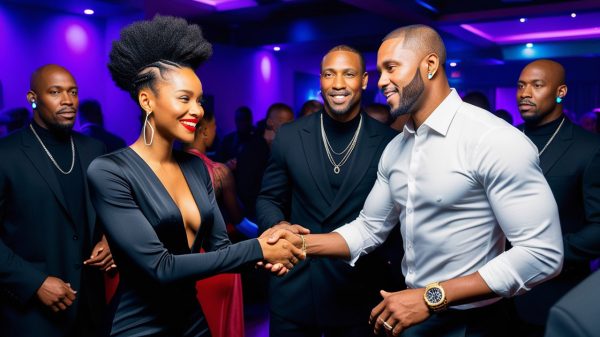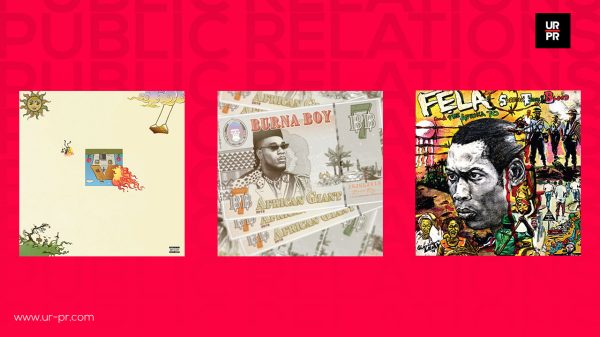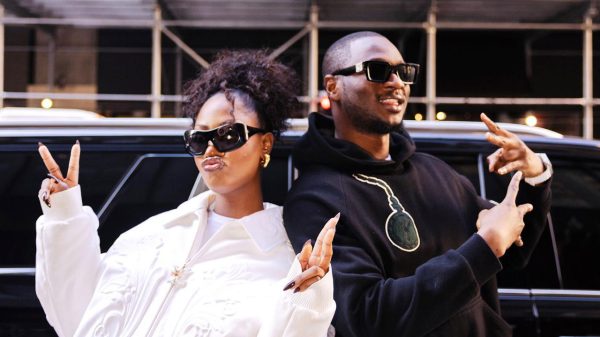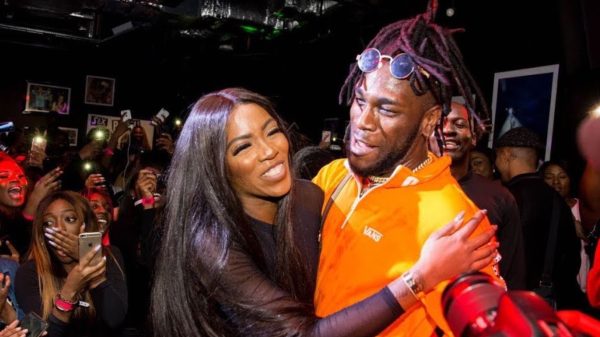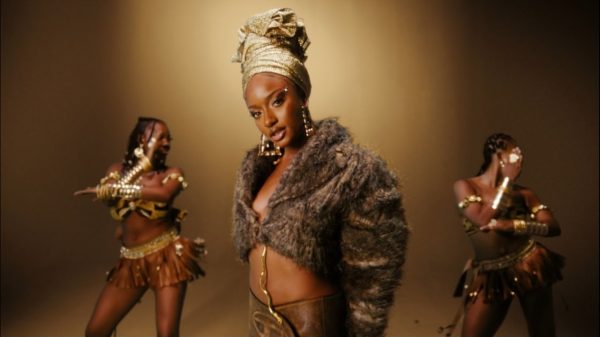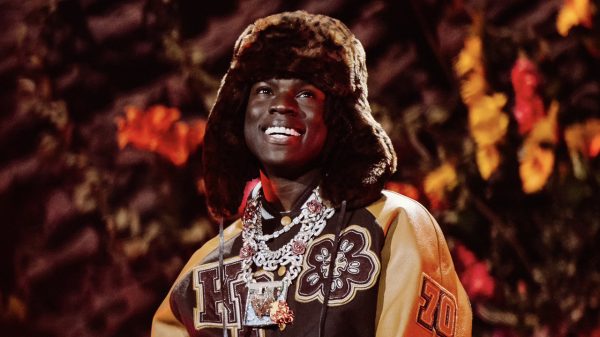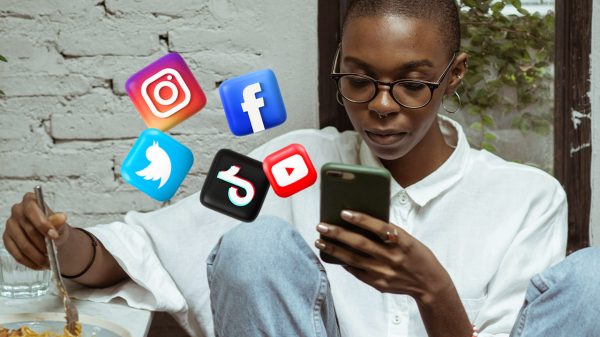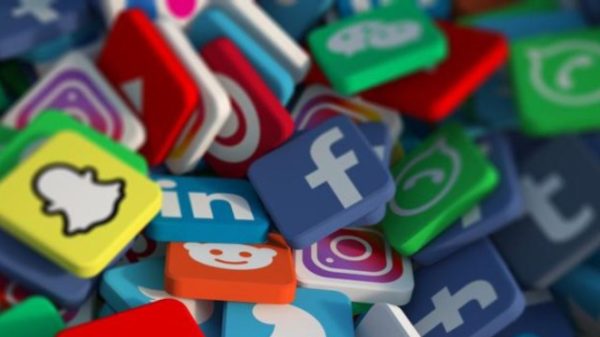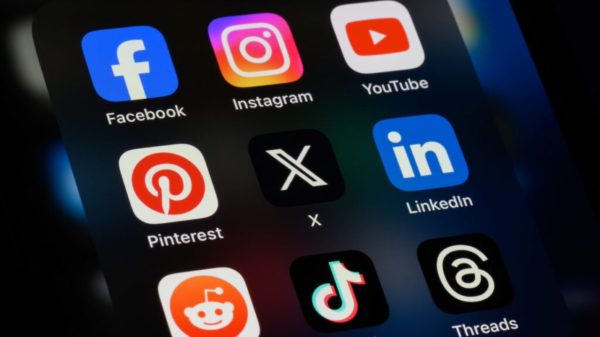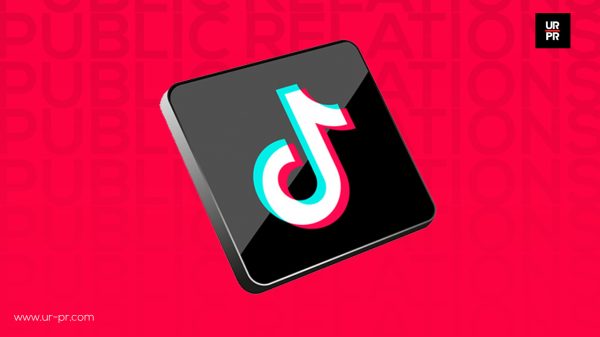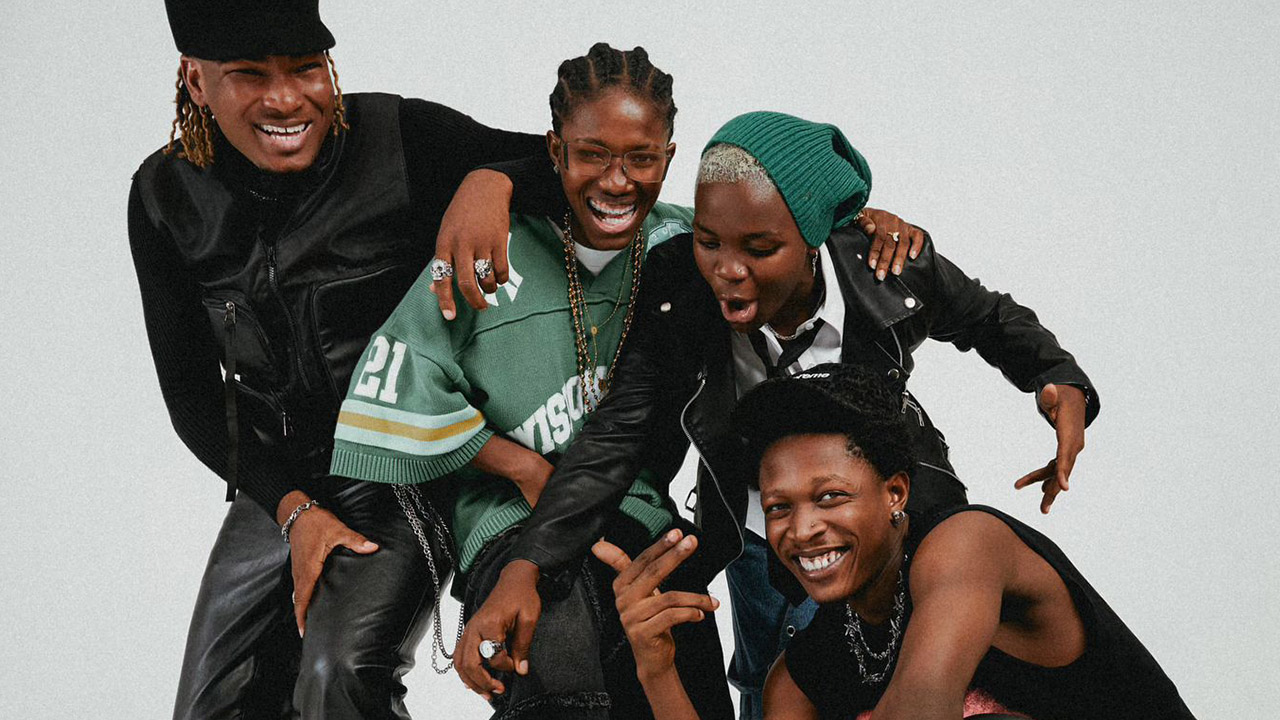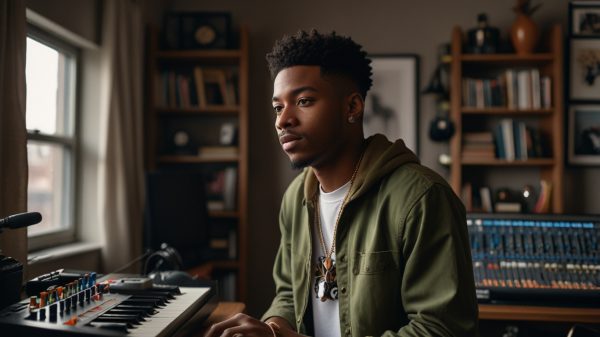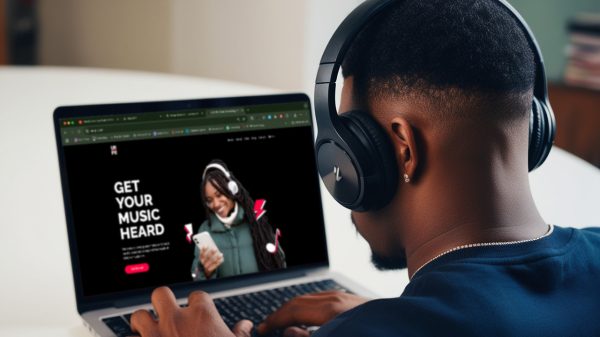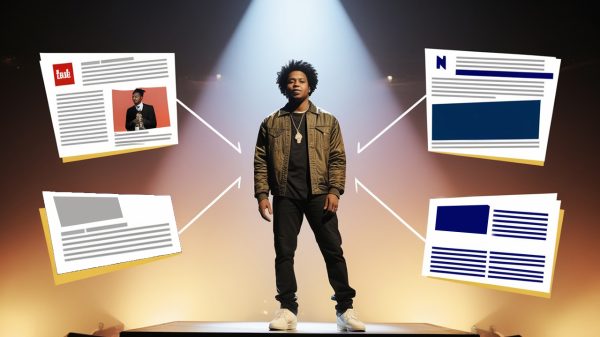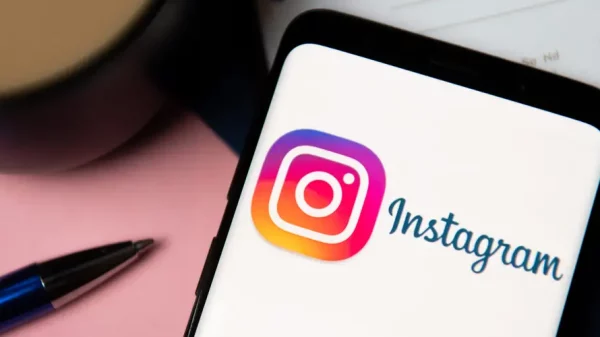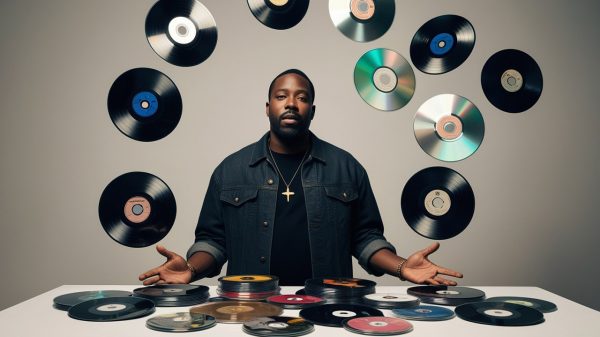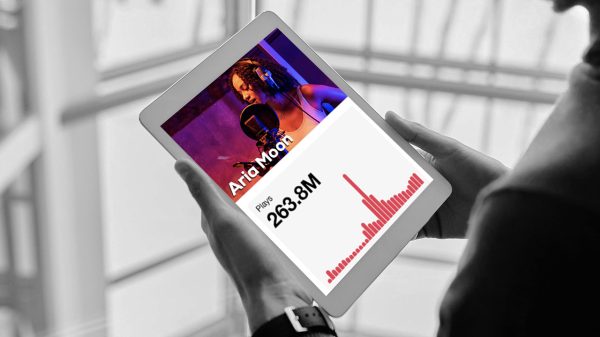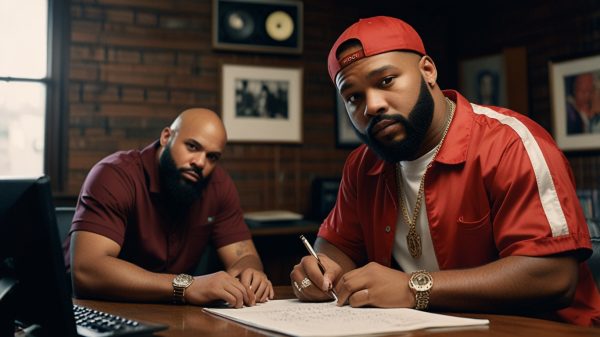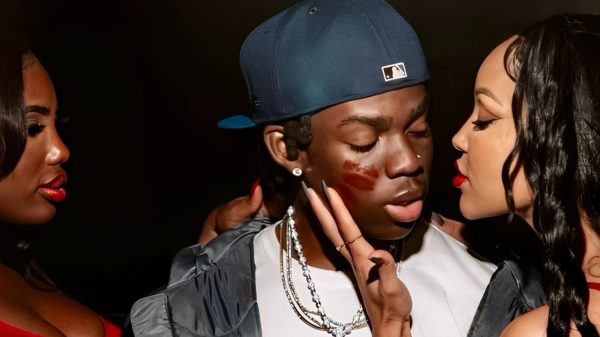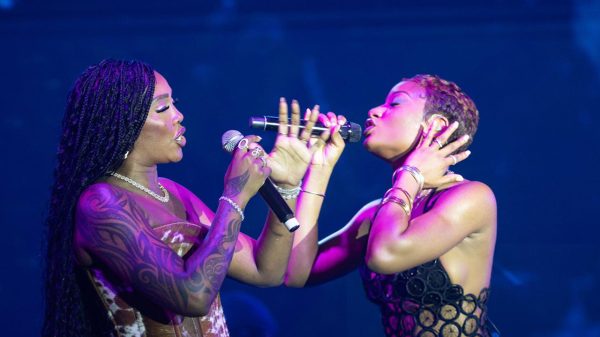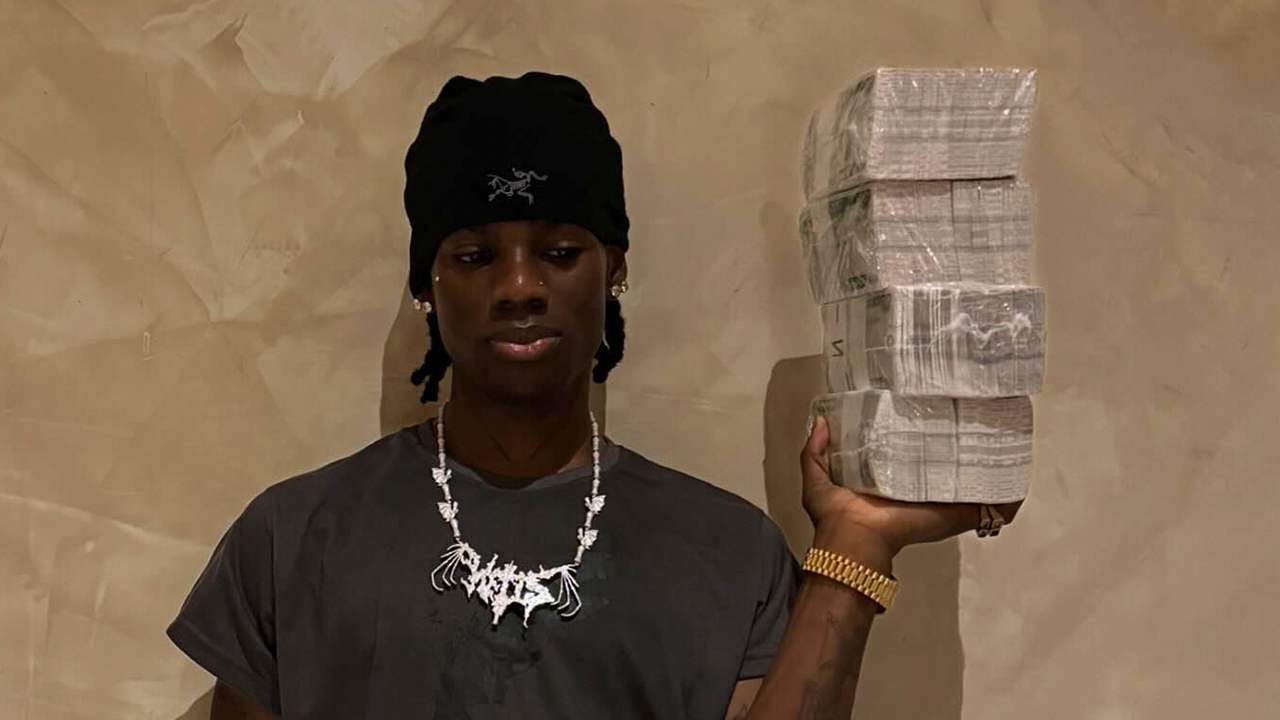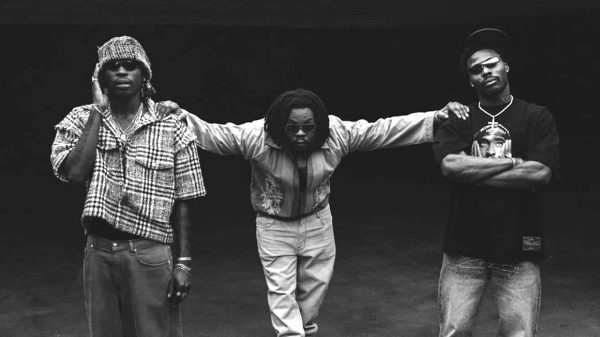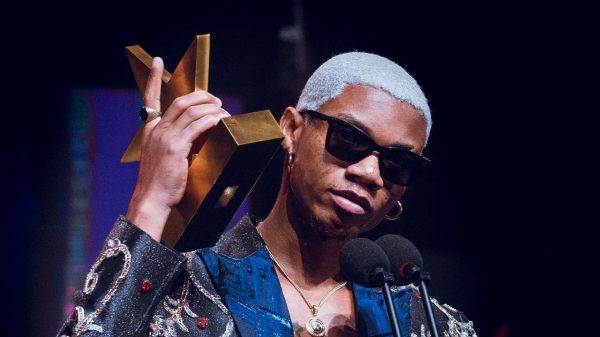As the music industry continues to evolve, so must the strategies that musicians use to earn a living. Gone are the days when artists could rely solely on album sales or even streaming revenue to sustain their careers. To succeed in today’s fast-paced digital landscape, musicians need to diversify their income streams and think creatively about how to monetize their talents. This guide will explore 7 effective strategies to help you make money, grow your fanbase, and build a sustainable career in music.
1. Embrace Digital Streaming as a Gateway
While digital streaming platforms like Spotify, Apple Music, and YouTube might not be the primary source of income for many artists, they are essential tools for exposure and audience building. Streaming revenue can seem minimal, especially for emerging artists, but the real value lies in the visibility and opportunities these platforms provide.
How to Make the Most of Streaming:
- Maximize Your Reach: Ensure your music is available on all major streaming platforms to reach as many potential fans as possible. Optimize your artist profile with professional photos, a compelling bio, and links to your social media accounts.
- Engage with Playlists: Playlists are the new radio. Getting your songs added to popular playlists can dramatically increase your streams and expose your music to new audiences. Reach out to independent playlist curators, and submit your tracks to official Spotify and Apple Music playlists through their respective artist portals.
- Utilize Spotify for Artists Tools: Platforms like Spotify provide analytics and tools that help you understand your audience better and promote your music more effectively. Use these insights to tailor your promotional efforts and identify potential markets for your music.
- Leverage Ticket Sales and Merch: Streaming platforms can be a springboard for selling concert tickets and merchandise. Spotify, for instance, integrates ticketing and merch services, allowing you to advertise your live shows and merchandise directly to listeners who are already engaged with your music.
2. Leverage Live Performances
Performing live is one of the most direct and profitable ways to make money as a musician. It’s also an excellent way to connect with your audience on a personal level and build a loyal fanbase.
Ways to Earn from Live Performances:
- Ticket Sales and Flat Fees: Depending on the size of the venue and your popularity, you might earn a percentage of ticket sales or receive a flat fee from the promoter.
- Support Slots: Opening for a major act can introduce you to a new audience and earn you a performance fee. It’s also a great networking opportunity.
- Festivals and Events: Playing at festivals can pay well and offer exposure to large, diverse audiences. It also enhances your credibility as an artist.
- House Concerts and Private Events: These intimate performances can be lucrative and provide a unique experience for fans. They also often come with minimal overhead costs.
To maximize your live performance revenue, consider diversifying the types of gigs you play and creating unique, memorable experiences that encourage repeat attendance and word-of-mouth promotion.
3. Use Your Music as a Marketing Tool
Many musicians fall into the trap of trying to sell every piece of music they produce, but this isn’t always the most effective strategy, especially for those just starting out. Instead, think of your music as a marketing tool that can help you build a fanbase and create other revenue opportunities.
Strategies to Leverage Your Music for Marketing:
- Free Downloads and Giveaways: Offering free downloads in exchange for an email address can help you build a mailing list, which is a valuable asset for future promotions and direct sales.
- Content Creation: Share behind-the-scenes content, songwriting processes, and live sessions on social media to keep fans engaged and attract new listeners.
- Collaborations and Features: Working with other artists can introduce you to their fanbase and provide content for cross-promotion. Be strategic about who you collaborate with to ensure alignment in style and audience.
- Music Videos and Visual Content: Creating compelling music videos or visualizers can capture attention on platforms like YouTube and Instagram, driving more listeners to your music and other monetized content.
By offering value to your fans and focusing on long-term relationships, you’re more likely to convert casual listeners into dedicated supporters who will purchase music, attend shows, and buy merchandise.
4. Sell Merchandise
Merchandise sales can be a significant income source for musicians, and they provide fans with a tangible way to support your career. From t-shirts and posters to vinyl records and unique memorabilia, the possibilities are endless.
Tips for Selling Merchandise:
- Know Your Audience: Understand what your fans want to buy. Conduct surveys or ask for feedback on social media to get a sense of what types of merch would be popular.
- Offer Limited Edition Items: Create a sense of urgency and exclusivity by offering limited edition items or merchandise that ties into a particular album or tour.
- Bundle Your Merchandise with Music: Consider bundling physical music sales (like CDs or vinyl) with merch items to increase the perceived value and encourage larger purchases.
- Sell at Shows and Online: Always have merchandise available at live shows, as fans are more likely to buy when they’re caught up in the excitement of a live performance. Also, set up an online store through platforms like Bandcamp, Shopify, or even your own website to reach a global audience.
5. Explore Sync Licensing
Sync licensing involves having your music placed in TV shows, movies, commercials, video games, and other media. This can be a lucrative income stream, as sync deals often pay well upfront and generate royalties over time.
How to Get Started with Sync Licensing:
- Register Your Music: Ensure all your music is properly registered with a Performing Rights Organization (PRO) like ASCAP, BMI, or SESAC, so you receive royalties from any placements.
- Build a Catalog: The more music you have available, the more opportunities there are for placement. Consider recording a range of styles and moods to increase your chances of fitting a variety of briefs.
- Network with Music Supervisors: Attend industry events, connect on social media, and reach out to music supervisors to pitch your music directly. Building relationships in this field is crucial for securing placements.
- Work with Licensing Agencies: Partnering with a music licensing agency can provide access to a wider network of potential placements and simplify the submission process.
6. Launch a Fan Membership or Subscription Service
Fan memberships or subscription services allow your most dedicated fans to support you on an ongoing basis in exchange for exclusive content and perks. Platforms like Patreon and Bandcamp offer ways to set up subscription models where fans can pay a monthly fee for access to special content.
What to Offer Your Subscribers:
- Exclusive Music and Content: Offer early access to new songs, demos, live recordings, and other exclusive content that subscribers can’t find anywhere else.
- Behind-the-Scenes Access: Share personal stories, creative processes, and behind-the-scenes content that makes subscribers feel like insiders.
- Direct Interaction: Host Q&A sessions, livestreams, or exclusive events where subscribers can interact with you directly.
- Merch and Discounts: Provide exclusive merchandise or discounts on your online store to add extra value for subscribers.
By creating a community of dedicated fans, you build a stable and predictable revenue stream while fostering deeper connections with your audience.
7. Partner with Brands and Sponsors
Brand partnerships and sponsorships can be a significant income source, particularly if you have a large and engaged fanbase. Brands are always looking for authentic ways to reach new audiences, and your music and influence could be the perfect fit.
How to Secure Brand Partnerships:
- Build Your Brand: Before approaching potential sponsors, ensure your personal brand is well-defined and consistent across all platforms. This clarity helps brands understand how aligning with you will benefit them.
- Reach Out to Brands That Align with Your Audience: Think about the brands your fans love and use. Reach out to these companies with a proposal that highlights how a partnership could be mutually beneficial.
- Create Authentic Content: Successful brand partnerships are those that feel natural and authentic. Make sure any sponsored content aligns with your artistic identity and feels genuine to your audience.
- Offer Multiple Partnership Options: From social media posts and shout-outs to full-blown collaborations and exclusive branded content, offer a range of partnership options to appeal to different brands.
The music industry is a dynamic and ever-changing landscape that requires musicians to be adaptable, creative, and proactive. By diversifying your income streams and exploring various ways to monetize your talent, you can build a sustainable career and create a lasting impact in the industry.
Remember, the key to success lies not just in the music you create but in how you connect with your audience and adapt to the evolving marketplace. Keep experimenting with different strategies, stay true to your artistic vision, and maintain a focus on providing value to your fans. With dedication and persistence, you can turn your passion for music into a thriving career.

